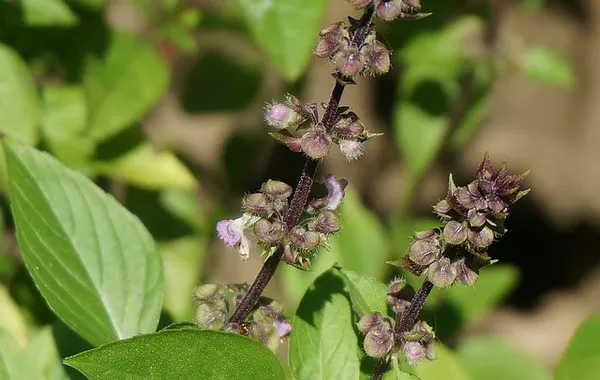Tokyo University of Science Researchers Uncover Activation Processes of ROS-Generating Enzymes
Reactive oxygen species (ROS), known for their toxic nature as byproducts of biological processes, have been a subject of extensive study. Professor Kazuyuki Kuchitsu and his team at Tokyo University of Science shed light on the intricate mechanisms governing ROS production in plants.
The researchers demonstrated that plants deploy various enzymes producing ROS in diverse situations, from combatting infections to growth and stress responses. The study focused on NADPH oxidases, also known as RBOHs, enzymes crucial not only in plants but also in animals, including humans.
Two activation mechanisms for RBOHs were identified: calcium ions (Ca2+) binding at EF-hands and phosphorylation at specific amino acids. The team, collaborating with experts Dr. Takuya Miyakawa and Prof. Masaru Tanokura, uncovered the activation processes of MpRBOHB, an ROS-generating RBOH. Notably, these processes appear conserved in RBOHs across all land plants.
Experiments with the liverwort model Marchantia polymorpha demonstrated that MpRBOHB activation requires an intracellular Ca2+ increase and binding with Ca2+ ions at EF-hands. The study identified two serine amino acid residues that, when phosphorylated, enhance Ca2+ binding affinity.
Prof. Kuchitsu explained, “Our results reveal that the binding of calcium ions acts as a molecular switch that activates MpRBOHB, and that the phosphorylation of two specific serine residues plays a role in facilitating this binding.” The team believes these conserved mechanisms govern fundamental regulatory processes in land plant RBOHs.
Understanding how plants regulate ROS-producing enzymes holds implications for agriculture, food quality, and environmental remediation. The insights gained could pave the way for tools to artificially manipulate ROS production in plants, enhancing crop yields and resilience.
“The production of ROS plays an extremely wide range of important functions in plants, including growth, reproduction, immunity, and stress response. Appropriate control of this production could therefore help us improve agriculture and food quality, as well as help with environmental remediation,” says Prof. Kuchitsu. This research aims to contribute to solving various social problems related to plants and serve as a vital basis for future studies.


